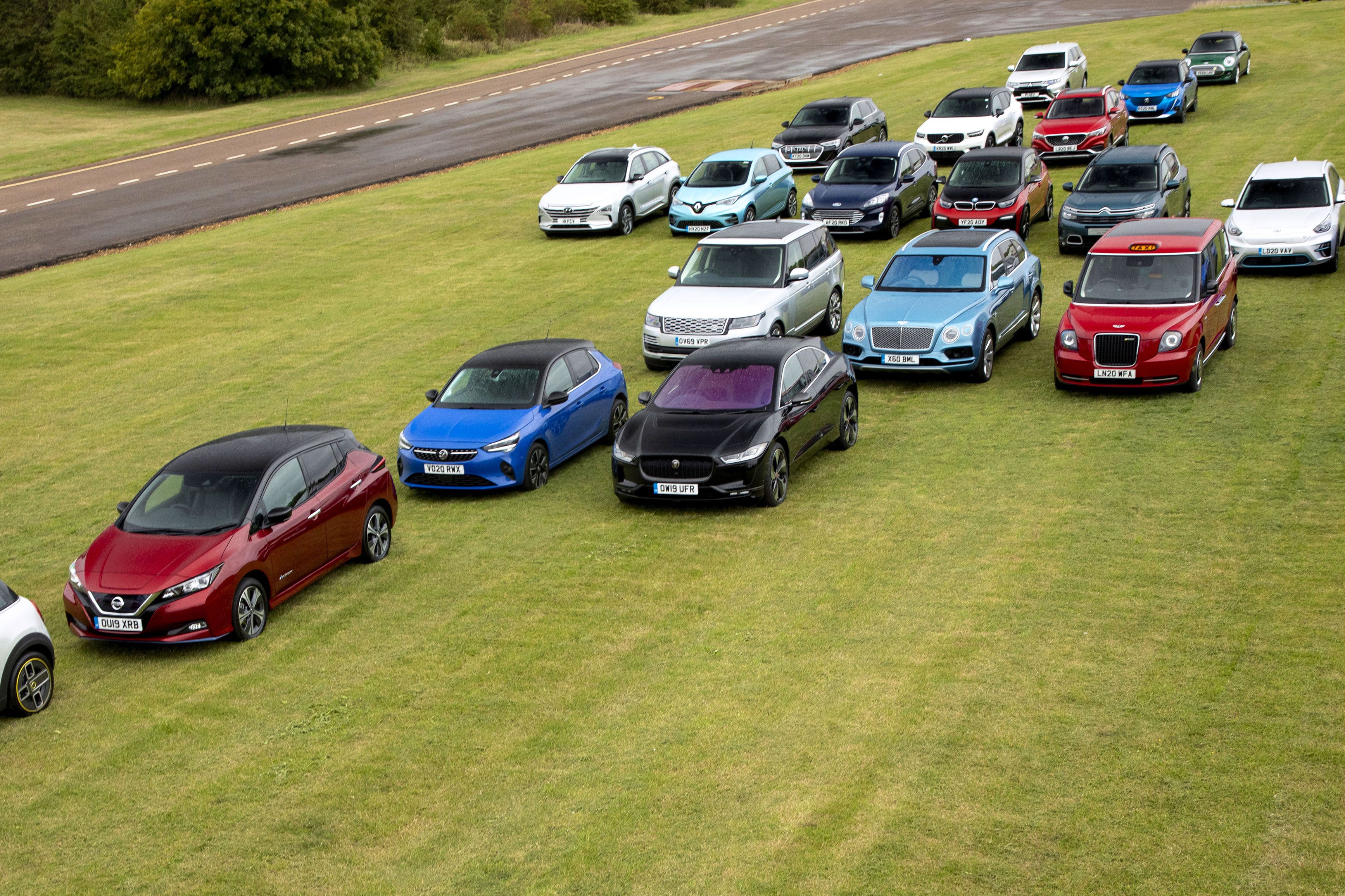Manufacturers ‘will not change’ plans despite petrol and diesel car ban expected to be pushed back
PM Rishi Sunak is expected to announce that ban on sale of new petrol and diesel cars and vans will be postponed to 2035

UK car and van manufacturers have come out to say they ‘will not change’ their plans for electric cars, despite an expected announcement from Prime Mininster Rishi Sunak that the ban on new petrol and diesel cars will be pushed back from 2030 to 2035.
The government previously announced that it would ban the sale of new petrol and diesel cars in 2030, allowing certain hybrid cars to remain on sale until 2035. By then, all new cars had to completely zero-emissions. However, Sunak is expected to announce on Friday (September 22) that certain climate change policies, such as the petrol and diesel car ban, will be delayed.
Many car manufacturers have already made firm commitments to dates when they will move to fully zero-emissions cars – many well ahead of the 2035 deadline – and have said they ‘will not change’, despite the government moving its climate commitments.
Mini, which manufactures its cars in Oxford, and recently announced it would produce its fully-electric Cooper and Aceman models in the UK from 2026 – has said it ‘will not change’ from its plan of becoming a ‘purely electric brand from 2030 globally’.
While a spokesman for Mini said it ‘cannot comment on speculation’, he added: “We and the whole automotive industry needs clarity on the ZEV [zero-emissions vehicle] topic.”
Stellantis, which oversees a broad portfolio of brands including Vauxhall, Peugeot and Citroen, has two van production facilities in Luton and Ellesmere Port, the latter of which recently moved to producing fully electric models.
A spokesman for Stellantis said it remained ‘committed to achieving 100 per cent zero-emission new car and van sales in the UK and Europe by 2030’. It added that it would move to electric sales ‘ahead of current legislation’, with Fiat becoming an EV-only firm by 2027 and Vauxhall by 2028.
They added: “Clarity is required from Governments on important legislation, especially environmental issues that impact society as a whole.”
Jaguar Land Rover (JLR), is one of the largest car makers in the UK, having three plants – Solihull and Castle Bromwich in the West Midlands, and Halewood in Merseyside. Jaguar has committed to being a ‘pure-electric brand’ from 2025, already.
A JLR statement said: “Our plans are on track and we welcome certainty around legislation for the end of sale of petrol and diesel powered cars.”
While Ford no longer makes cars in the UK, it has a diesel engine factory in Dagenham, Essex, and a plant that makes transmissions in Halewood, which will produce electric vehicle components from 2024. Ford also has a significant engineering and development base in Dunton, Essex.
Lisa Brankin, Ford UK chair, has said that moving the 2030 deadline ‘undermines’ previous commitments.
Brankin said: “This is the biggest industry transformation in over a century and the UK 2030 target is a vital catalyst to accelerate Ford into a cleaner future. Our business needs three things from the UK government: ambition, commitment and consistency. A relaxation of 2030 would undermine all three.
“We need the policy focus trained on bolstering the EV market in the short term and supporting consumers while headwinds are strong: infrastructure remains immature, tariffs loom and cost-of-living is high.”
The SMMT, which represents the UK automotive industry as a whole, has also said the mixed-messaging ‘will hold consumers back’ in making the switch to electric.
Mike Hawes, chief executive of the SMMT, said: “Consumers must want to make the switch [to electric], which requires from Government a clear, consistent message, attractive incentives and charging infrastructure that gives confidence rather than anxiety. Confusion and uncertainty will only hold them back.”
Subscribe to Independent Premium to bookmark this article
Want to bookmark your favourite articles and stories to read or reference later? Start your Independent Premium subscription today.
